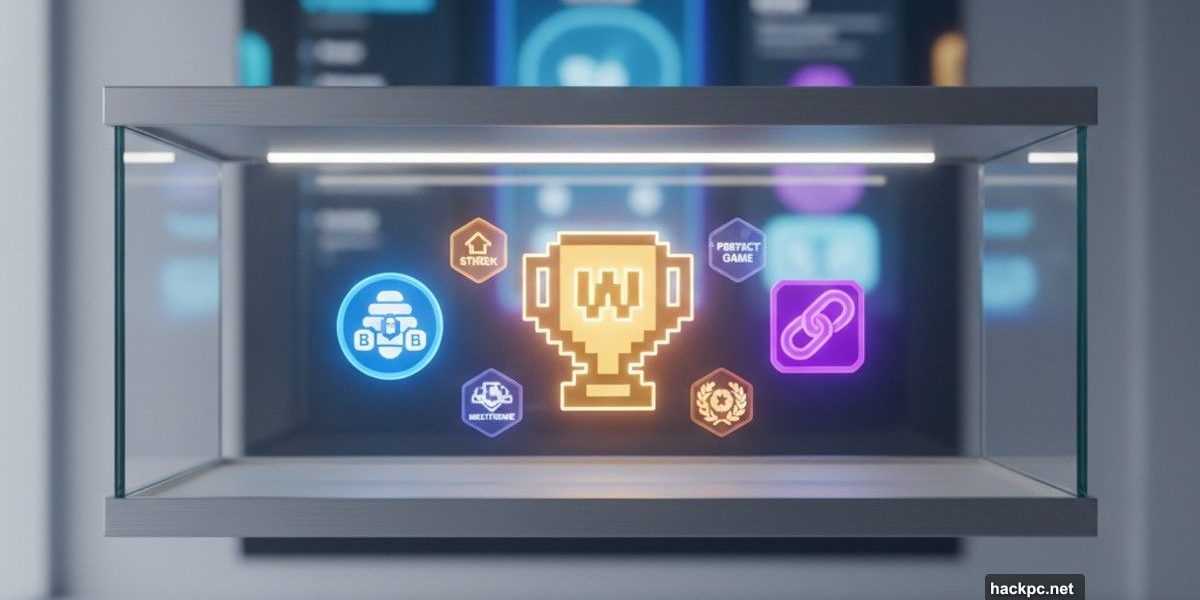
Your daily Wordle habit finally gets recognition beyond maintaining that streak.
The New York Times rolled out achievement badges for three of its most popular word games this week. Now players can earn trophies for impressive plays, special milestones, and consistent performance. Plus, there’s an actual trophy case to display your wins.
This marks a significant shift for games that previously tracked nothing but streaks.
What Badges Actually Track
The badge system rewards memorable moments across gameplay. Got Wordle in one guess? That’s a badge. Completed a perfect Connections puzzle without mistakes? Another badge. Spelling Bee pangrams also earn recognition.
Each badge appears in your personal trophy case within the NYT Games app. So you can finally prove to friends that yes, you really did solve Wordle on the first try.
The system tracks both rare achievements and consistent performance. That means casual players and daily grinders both get recognition for their efforts.
Seasonal Events and Exclusive Rewards
The NYT plans regular seasonal events with limited-time badges. Holiday-themed challenges and special puzzle celebrations will offer unique rewards throughout the year.
Moreover, NYT Games subscribers get access to exclusive badges. This creates another reason to upgrade beyond just playing more games. Free players still earn plenty of achievements, but paying subscribers unlock additional trophies.
The company hasn’t detailed exactly what subscriber-exclusive badges look like yet. But the two-tier system follows standard gaming industry practices for premium content.
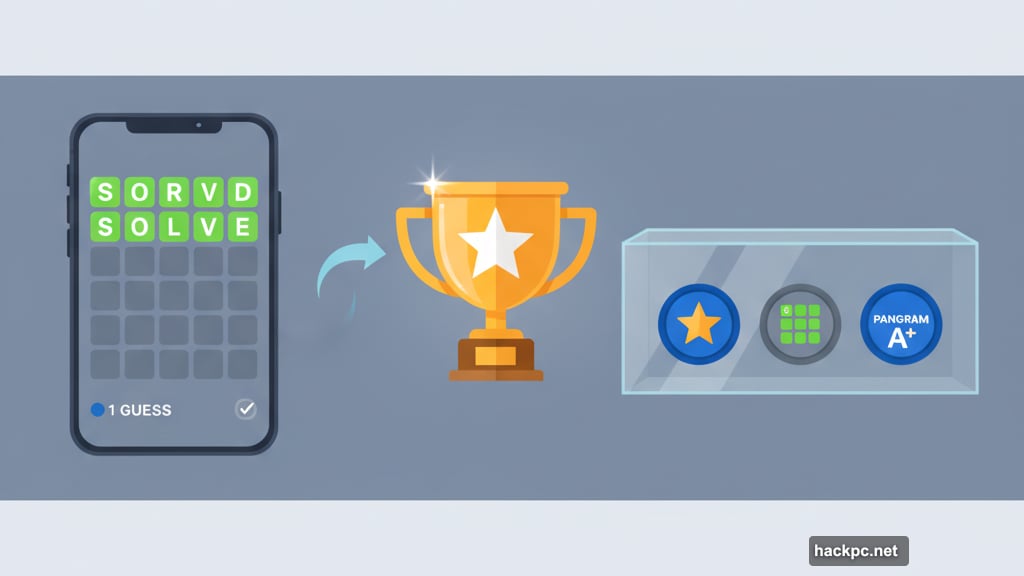
More Games Getting Badges Soon
Right now, only Wordle, Spelling Bee, and Connections support the badge system. But the NYT confirmed more games will add achievements over time.
This makes sense given the company’s expanding games portfolio. The Mini Crossword, Strands, and regular crossword puzzles seem like obvious candidates for future badge integration.
The staged rollout also lets the NYT test the feature with its most popular games first. If players respond positively, expect badges across the entire games app within months.
Why This Matters for Daily Players
Achievement systems fundamentally change how players engage with games. Streaks measure consistency. But badges reward skill and memorable moments.
That distinction matters. Players who break their streak after hundreds of days lose everything. Badges stick around permanently as proof of accomplishments along the way.
The psychology works too. Research shows achievement systems increase player engagement and retention. Even simple virtual rewards trigger dopamine responses that keep people coming back.
For the NYT, that translates to stronger subscriber retention and more reasons to maintain a games subscription. Smart business move wrapped in genuinely useful player features.
The Bigger Gaming Strategy
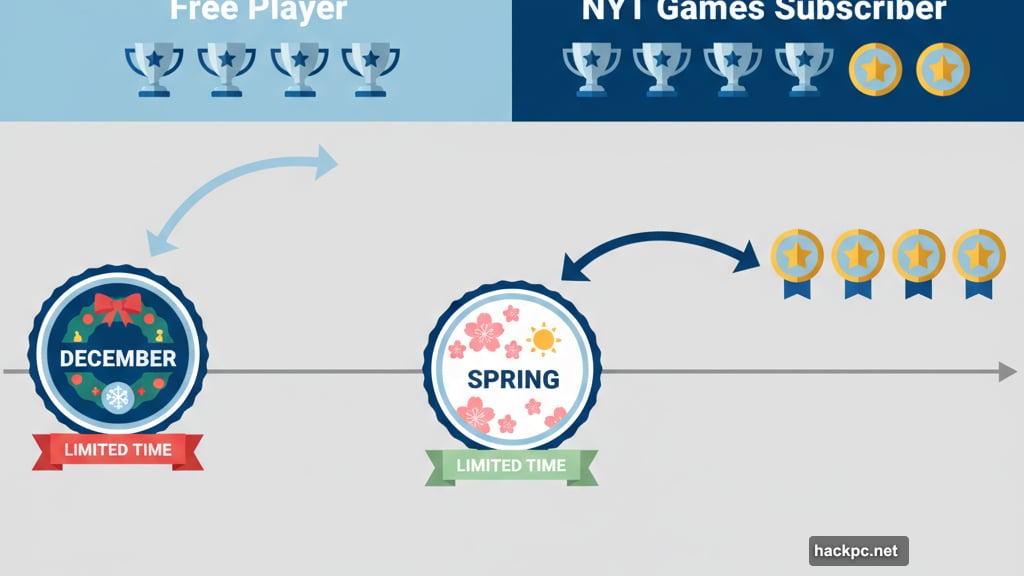
This update fits the NYT’s broader push into gaming. The company acquired Wordle in 2022 for over $1 million. Since then, games have become a major subscription driver.
In fact, NYT Games now attracts millions of daily players. The games division generates significant revenue through subscriptions and indirectly through crossword and general news bundle upgrades.
Adding achievement systems deepens player investment. The more badges someone earns, the less likely they’ll cancel their subscription. That trophy case represents hours of effort players won’t want to lose.
Plus, badges create social sharing opportunities. Players naturally want to show off rare achievements, which provides free marketing every time someone posts their trophy case online.
What’s Still Missing
The badge system covers major accomplishments but misses some obvious milestones. No badge for maintaining a 100-day streak? That seems like an oversight for games built around daily play.
Also, there’s no way to compare badges with friends directly in the app. Social competition drives engagement in most gaming achievement systems. The NYT’s implementation feels surprisingly isolated given how much people share results already.
Finally, retroactive credit remains unclear. Players who earned impressive accomplishments before badges launched might not receive recognition for those moments. That would frustrate longtime players with years of gameplay history.
The badge system adds genuine value to daily word game routines. It recognizes skill beyond just showing up every day. For players who’ve invested months or years in these games, finally having something to show for it feels overdue.
But the real test comes in execution. If badges feel meaningful and achievable, they’ll enhance the experience. If they become grindy or subscription-locked, player goodwill could evaporate quickly.
For now, it’s a welcome addition that makes casual gaming feel slightly more rewarding. Whether it keeps players engaged long-term depends on what achievements come next and how accessible they remain for everyone.
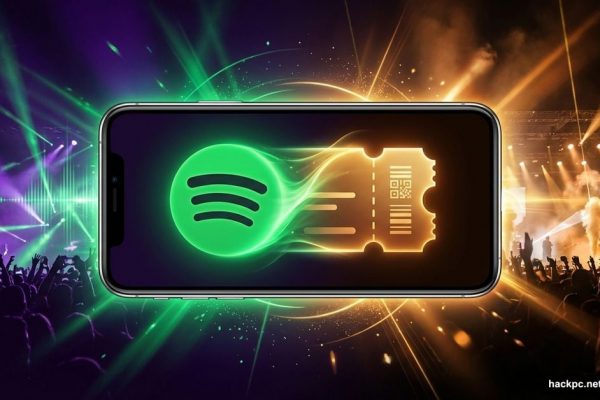
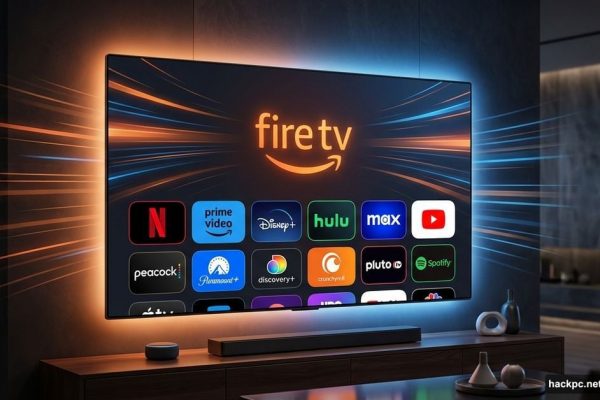

Comments (0)